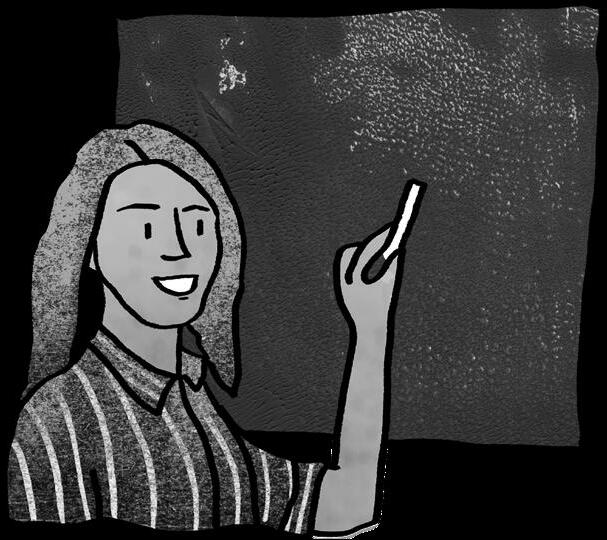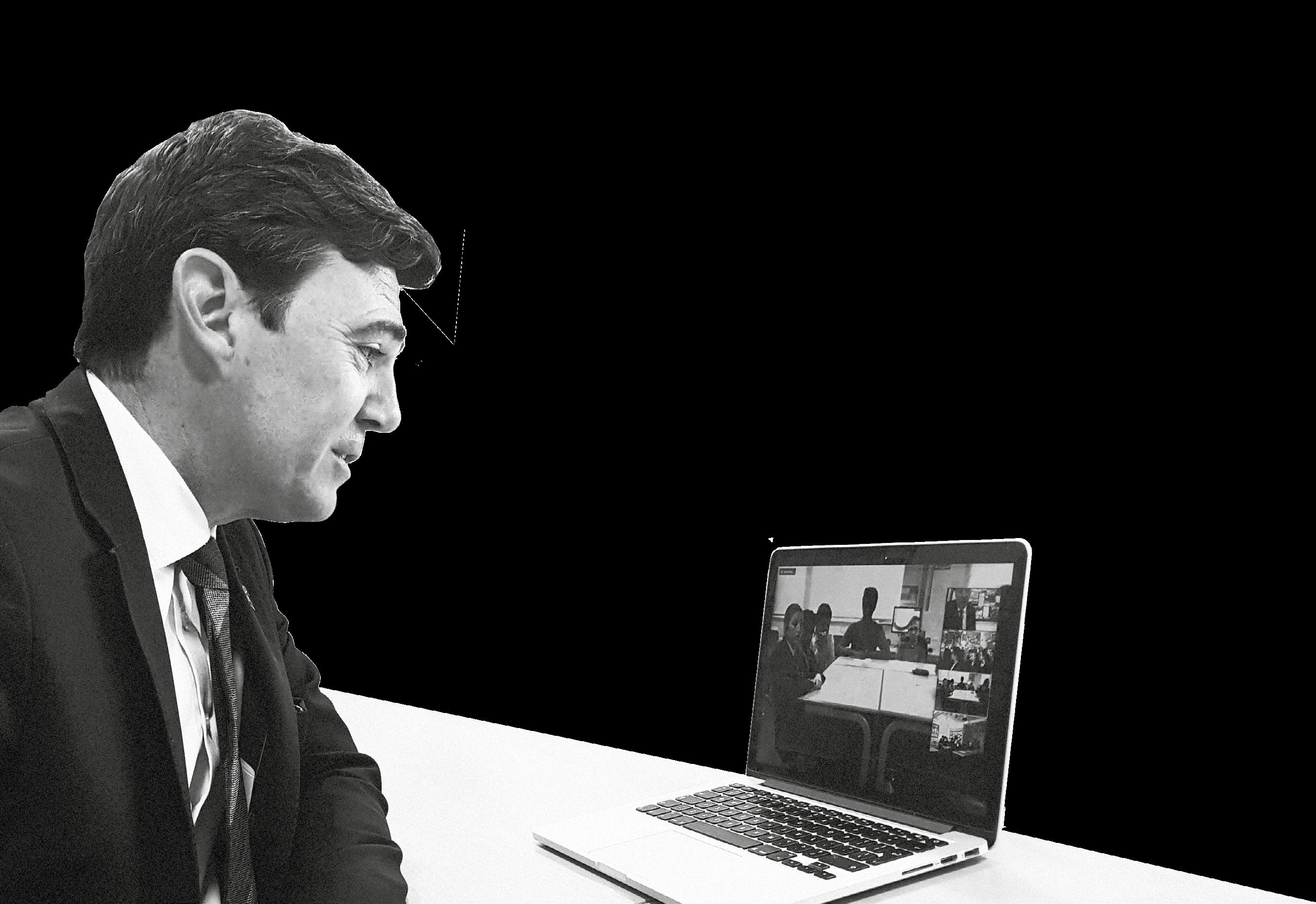
3 minute read
Why do schools engage with politicians?
LOW LEVELS OF ENGAGEMENT
Only 5% of schools are visited by a politician each year and you are less likely to get an opportunity to engage with a politician if you are in state education.
Advertisement
Only 3% of state schools engage with their local politicians, compared with 12% of fee paying schools. (Weinberg 2021). When you consider that often only a small proportion of students in a school will get the opportunity to engage with their politician during that visit, the number of students meeting politicians is vanishingly small. These numbers confirm our experience. When connecting schools with politicians we often co-write letters with the politician’s office to schools in their constituency and get low response rates, with many schools not seeing political contact as a priority.
A LACK OF SUPPORT FOR TEACHERS
Many time-poor teachers don’t have the capacity or the training to deliver political contact well, which can lead to politician school visits having no or a negative impact. This leads to teachers and schools often failing to see the value in politician visits. When we ask teachers about why they invite politicians into their schools, many initially struggle to articulate a clear reason, with some saying it is something they have always done or it is expected because they lead on a particular part of the curriculum. Many frame the success criteria for the event around if the event happened or not, rather than what the impact of the engagement was. However, when we dig a little deeper into our discussions with teachers, we have identified that they are often are aiming to achieve one or more of four key outcomes when they invite a politician into their schools: 1. Building trust and relationships - supporting young people to engage with and build a relationship with a politician. 2. Building knowledge and understanding - using engagement to enhance students’ political knowledge. 3. Developing oracy skills - using opportunities to talk to politicians to build speaking and listening skills and support students to ask and answer questions. 4. Advocacy and influence - supporting students to lobby and influence politicians on issues.

In our work we consistently found that each of these outcomes can be delivered successfully. However, to be achieved they require careful design, both in terms of the preparation of the students and the facilitation of the sessions. Although more than one of these outcomes is often met in an engagement, they need slightly different approaches depending on what the primary intended outcome is.
For example, supporting students to effectively lobby a politician requires a different approach to using the session as a chance to increase their understanding of how a particular political process works.
Through our work we have provided teachers with resources, training and facilitation support to enable them to get the most out of engagements with politicians. “With organisations like The Politics Project facilitating the engagements between young people and politicians, burden is shifted away from schools and ensures that surgeries like those delivered by this fantastic organisation can reach more and more pupils. The fact that it can be organised online also means that hard-to-reach communities are not cut off from this valuable engagement with the country’s democratic representatives.”
Mike Freer MP


Andy Burnham, Mayor of Greater Manchester







